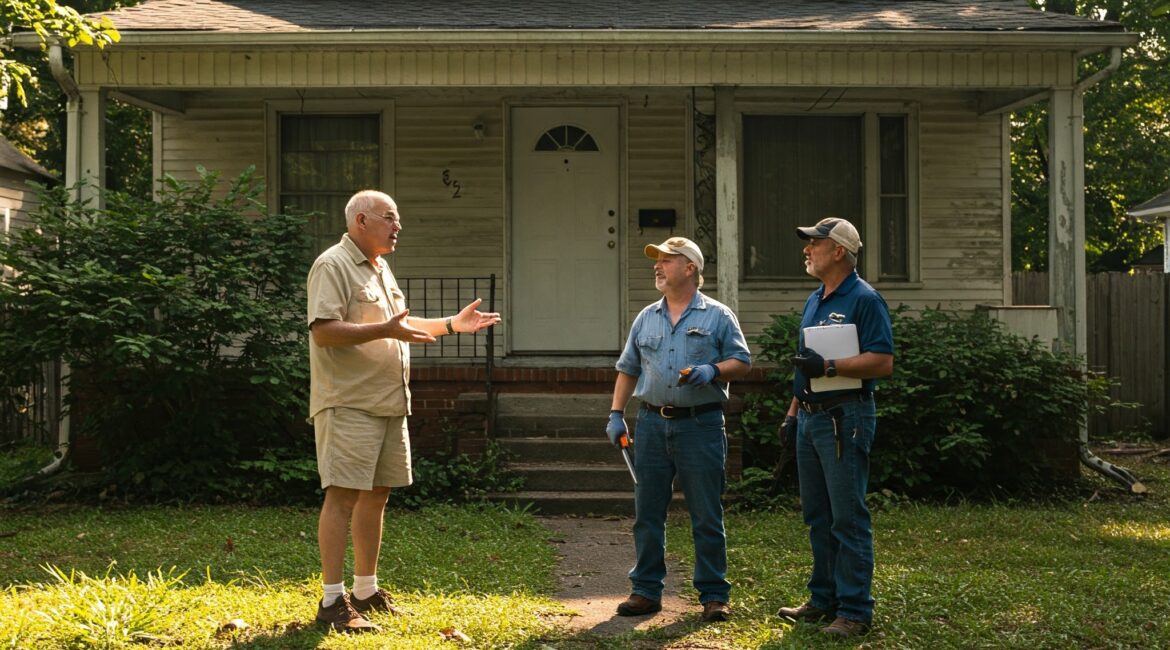The risks of allowing a home to stay vacant for extended periods include:
- Property Damage:
- Weather-related damage: Vacant homes are more susceptible to damage from storms, rain, snow, and extreme temperatures. This can include roof leaks, water damage, mold growth, and structural damage.
- Pests and rodents: Vacant homes attract pests and rodents, which can cause significant damage to the structure and its contents.
- Vandalism and theft:
Vacant homes are prime targets for vandalism and theft. Thieves may target valuable items, while vandals may damage the property out of malicious intent.
- Financial Loss:
- Decreased Property Value: A vacant home can lose value over time due to lack of maintenance and potential damage.
- Increased Insurance Costs: Insurance companies may charge higher premiums for vacant homes due to increased risk.
- Utility Costs: Even if utilities are turned off, you may still incur costs for maintaining services or reconnecting them.
- Legal and Regulatory Issues:
- Code Violations: Vacant homes may be subject to local ordinances and building codes that require regular maintenance and upkeep. Failure to comply can result in fines and penalties.
- Liability: If someone is injured on your property, you may be held liable, even if the property is vacant.
- Neighborhood Impact:
- Blight: Vacant homes can contribute to neighborhood blight, which can negatively impact property values and overall community well-being.
- Crime: Vacant homes can attract criminal activity, making the neighborhood less safe.
To mitigate these risks, consider taking the following steps:
- Regular Inspections: Schedule regular inspections to monitor the property’s condition and address any issues promptly.
- Maintenance: Perform regular maintenance tasks, such as mowing the lawn, trimming bushes, and clearing gutters.
- Security: Install a security system, use motion-sensor lights, and consider hiring a security service.
- Insurance: Review your homeowners insurance policy to ensure adequate coverage for a vacant property.
- Winterization: If the home is located in a cold climate, take steps to winterize the property to prevent damage from freezing temperatures.
- Ventilation: Ensure proper ventilation to prevent mold and mildew growth.
- Water Management: Turn off the water supply to prevent leaks and water damage.
- Pest Control: Take preventative measures to keep pests and rodents away.
- Professional Management: Consider hiring a property management company to oversee the property and take care of maintenance and security.
By taking these precautions, you can help protect your vacant home and minimize the risks associated with extended vacancy.

